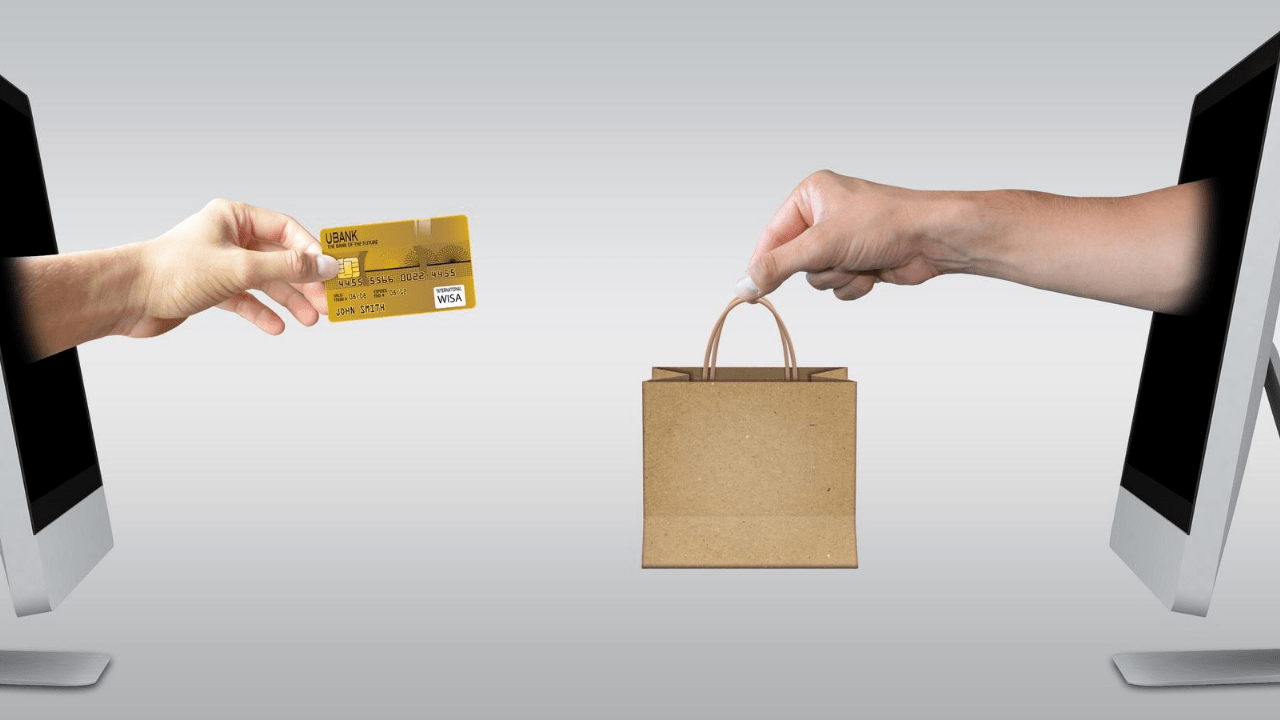
Transitioning from a brick and mortar to an online business is not an easy task. It’s more than having a smartphone device and an internet connection. It involves various steps to set up a profitable online store. Below are the seven steps to follow in moving your business online.
Step 1: Choose an Online Platform to Use for Your Business
The faster you plan and create an online store, the better. You want to retain your existing customers, so, moving with speed should be a crucial factor. Identify an e-commerce channel to run your business.
There are various platforms, and choosing one will depend on what you’re selling and your target audience. Ensure the online store has the brand features and can be recognized easily by your audience.
Below are the crucial elements to consider when designing an online store for easy business management.
• Create a responsive and user-friendly design.
• Maintain your logo and brand colors.
• Return and exchange policy.
• Security features so safeguard your customer’s transactions.
• Optimize product pages.
• Product FAQs.
• Product management system.
• Contact us and order management system.
Alternately, if you already have an existing website, you can set up a shop immediately. Ensure you make the necessary updates to keep the content up to date.
But if you’re starting over, you can choose various e-commerce platforms such as Shopify, BigCommerce, and WooComerce. Synchronize the brick and mortar store and the online presence with the best themes that fit your brand. It’ll help your online store to pick up quickly.
Step 2: Choose Between Desktop and Online QuickBooks
QuickBooks Desktop is a good business management solution, but online QuickBooks comes with many apps allowing your customers to log-in from any location using any device. They help you track expenses, automated invoicing, and manage cash flow from anywhere.
Your clients might want to access your products anywhere, so online QuickBooks offers the best experience as long as they’ve got an internet connection. However, the major pro of QuickBooks desktops is that it provides high security since there’s no direct access to the internet.
Step 3: Set up Shipping Costs
There are different types of fees you’ll need to pay as you run your e-commerce shop. It would help if you were strategic about this because shipping costs can eat away your margins within a short time.
Ensure you factor in processing fees, inventory, and listing fees. Let your customers know the total costs involved in shipping the products.
Step 4: Synchronize the Brand Name in Online Store
A quick transition in online business management requires that your website content matches the products in QuickBooks. You’ll have a smooth flow with the inventory if the product Stock Keeping synchronizes with the QuickBooks.
Step 5: Appropriately Map Tax Codes
You want to be sure that your business is safe from state penalties due to incorrect tax records. Check the tax codes within your state and integrate them using online tax tools so that the taxes get automated to avoid business audits.
Step 6: Set Up Payment Channels
There are several ways you can receive payment from your customers. The channels include PayPal, Shop Pay, and Amazon Pay, among other payment channels. Ensure you automate the payment system to avoid paying taxes on expenses.
Step 7: Define Ways to Track Inventory and Sales
It would help if you kept a close eye to your inventory to ensure no capital gets tied up. To do this, integrate your online business with QuickBooks to help your clients make appropriate decisions as you manage a profitable business.
Setting up an online store can be a long process, but you’ll be sure of customer satisfaction and high growth rates if you run it well. It would be best if you remained dedicated to implementing the steps above towards your business’s success.

